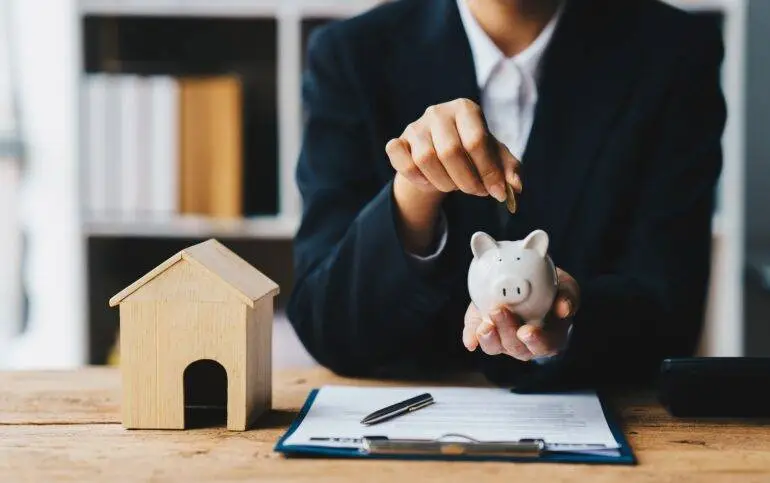Financial Planning for Buying a House: How to Save for the Down Payment
Buying a house is one of the most important decisions a person can make in their life. In addition to being an emotional investment, it is also a significant financial investment. That’s why it’s important for people to properly prepare themselves financially before buying a house. From GoMarbellaHomes, we bring you some tips to help you prepare for buying your first house.
Evaluate your budget:
Before starting to look for houses, it’s important to evaluate your budget and determine how much you can afford to pay for a house. Consider your income, expenses, and debts, and make sure you have a clear idea of how much money you have available to pay for a mortgage. It’s important to keep in mind that, in addition to the cost of the house, there will also be other expenses associated with buying a house, such as closing costs, taxes, and moving costs.
Save for the down payment:
Most lenders require a down payment to buy a house. The down payment is usually 10% to 20% of the purchase price of the house. While it’s possible to get a mortgage with a lower down payment, a higher down payment will allow you to get a lower interest rate and reduce your monthly payments. Start saving for your down payment in advance and consider other sources of financing, such as loans from family or friends, if necessary.
Check your credit score:
Your credit score is an important factor in determining your eligibility for a mortgage and the interest rate you’ll be offered. Before applying for a mortgage, make sure to check your credit score and correct any errors that may be present. If your credit score is not high, consider working to improve it before applying for a mortgage.
If you’re unsure whether to buy or rent, read our article: Rent or buy? Discover what the best decision is
Reduce your debts:
Having too much debt can affect your ability to get a mortgage and pay for it. Before applying for a mortgage, try to reduce your debts as much as possible. Pay off your credit cards, student loans, and any other outstanding debt. This will not only improve your credit score but also reduce your monthly expenses and allow you to save more for your down payment.
Get pre-approved for the mortgage:
Before starting to look for a house, get pre-approved for the mortgage from your lender. This will give you a clear idea of how much money you can borrow and allow you to look for houses that fit your budget. The pre-approval can also improve your position in negotiations with sellers, as it shows that you’re a serious and financeable buyer.
If you’re already set on buying a house, don’t miss this article: Buying a New House vs Buying a Used House: Which is the Best Option for You?
Buying a house is a significant investment, but it can also be an exciting and rewarding experience. By preparing financially in advance, you can ensure that you’re making an informed decision and that you’re ready to take on the challenges and responsibilities that come with owning a house.

 English
English Spanish
Spanish 






